
Perhaps as we sleep dreams open a portal where consciousness travels these hidden dimensions, sojourning to our past, exploring our future, or giving us a glimpse of alternate lives. Maybe dreaming lets our mind live, however briefly, those choices we didn't make when awake.
Or maybe it’s inhabited by numbers, the mathematics of Nature, where the realm of imaginary numbers wield existential sovereignty over electromagnetic flux.
Ones and zeroes permeate our lives both physically and virtually. In the twenty-first century we have extended our identities into the edifice of an internet built on ones and zeroes. Ying and Yang. The digital-analog divide is a false dichotomy actually. Everything is connected and I am certain those extra dimensions have everything to do with it.

Digital Home
Phillip Chee
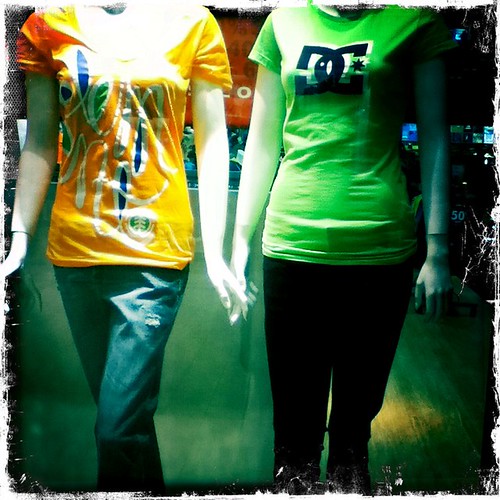
tired of fighting the State
with only my imagination
Thinking back to those women
who at the conference
gave me much hope
I was not alone
I ran through my thoughts
deciding too that you
and I should not be alone
The letter I sent you
speaks through a wisdom
which I adorned with
Emma Goldman’s pen
My heart I pleaded on those pages
writing between the lines
a secret code
ciphering messages of passion
encrypting notes of amorous desire
then realizing—I must
leave behind this murky shadow
open up the world to new life
through passionate prose
speaking freedom and desire
re-enchanting Nature with the fruits
of learnèd wisdom
steeped in animated discussions
between sips of Earl Grey
laughing at the immensity of it all
This I want to share with you
gracing our lives
our world’s entwined
crossing bridges over
tumultuous seas that
threaten our lonely islands
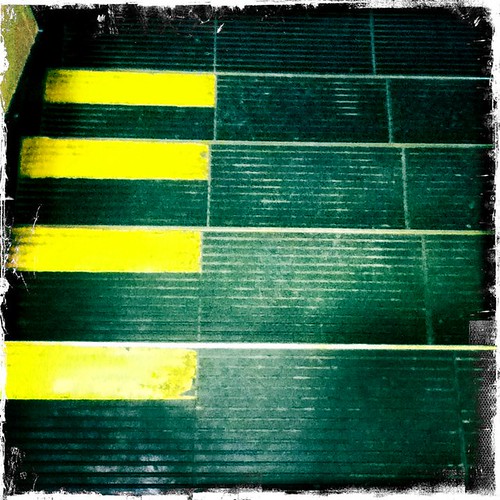
Nonetheless, the trap of natural fallacy can be difficult to transcend. When Darwin returned from his sojourn in the Galapagos and published his journals, he sometimes described nature as brutal and violent, or interdependent and complementary. The Victorians saw in the former description a justification for continuing the removal of humanity from nature. But a paradox emerges: What is natural is not necessarily human; what is human is perhaps natural. Yet, why shouldn't we think it might be the inverse: What is human is perhaps not natural; what is natural is necessarily human? For is it right that human violence be institutionalized into war? I find it absurd that I must defend a negative answer: it is an affront to a rational humanity. It becomes one more strand wound tighter into the Gordian knot that still haunts us.
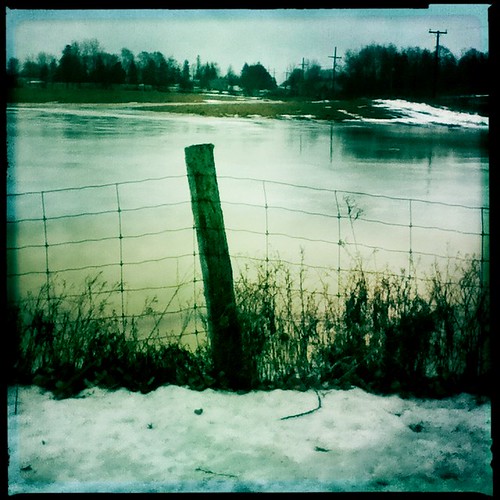
The feeling of emancipation that one can gain from a practical phenomenological approach is wonderful and should be shared. We must return to the things themselves and bring back experiential education. Science is not the only way to look at the world and our education system must change—it must challenge the dominant Cartesian world view, and every tree-hugging granola head, corporate Gecko lizard, or bored suburbanite must be allowed to overcome the collective self-forgetting that has obscured Personhood. For the definition of person should not be a distinct, absolute, objective description, but should give a sense of the relationships that describe something to its fullest.
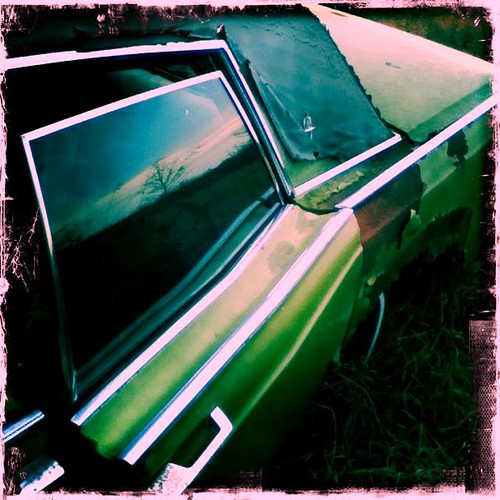
But can I afford not to? There is a moral ideal that pervades the Western cultural attitude and that is the ideal of “authenticity.” “Be true to yourself.” “Do your own thing.” It has its source in the philosophy of individualism and the search for the self, Charles Taylor writes in The Malaise of Modernity. He points out that critics such as Christopher Lasch has called this ideal the “culture of narcissism”, and that others like Allan Bloom, in his book The Closing of the American Mind, have condemned it outright. Taylor sees that authenticity is a good thing in our culture as long as we stick to a high moral ground and can justify our actions rationally. In making the choices that create our selves we should strive to be sure that they are significant with respect to the world around us and to others, otherwise we will slide into self-indulgent subjectivism and the self-defeating consequences of moral relativism.
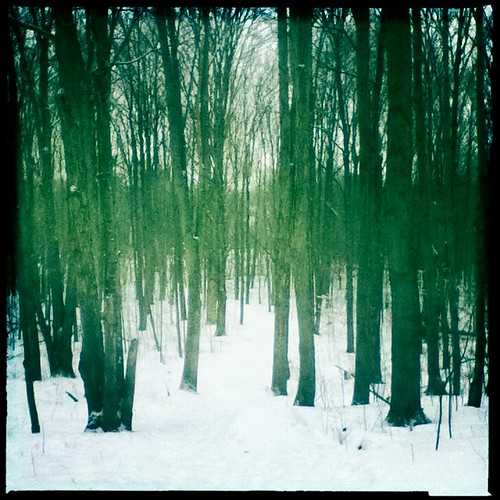
She had read my philosophical writings and so, I wanted her to get a sense of the things that awoke my imagination. She had especially sought the “well” which I had poetically described, but alas, as I feared, we could not find it. I guided our walk to as many natural objects as I could. But, I wanted to avoid merely listing the trees, animals, and snow, like material possessions. I wanted to share the wonder of a prickly hawthorn, the chorus of sparrows, or the way in which the receding whiteness reveals frozen berries.
Yet, in the woods only with another person can you have the question, “Why do the leaves turn red?” answered, discussed, and reflected upon; or a prophetic interpretation of Shelley’s Frankenstein explained by the hindsight of scientism; or the paradoxical use of words: as data and metaphor.
In this way, on a rosy-eared February afternoon, you wonder if the relationship between persons must be grounded in an ecological context. Does it complete the community, the vision of humanitas; for is this not ecology?
Solitude is what results when community is bracketed. In this, the “other” affords to the reflective primacy of “self,” practical experience. The beauty of a singular spider, precariously tight-roped, is meaningfully experienced alone, but shared, evokes empathy. It is all too easy to lose the intimacy with nature grasped by solitude, with spoken words, but a subtle glance restores the dreamy imagination of being seven again.